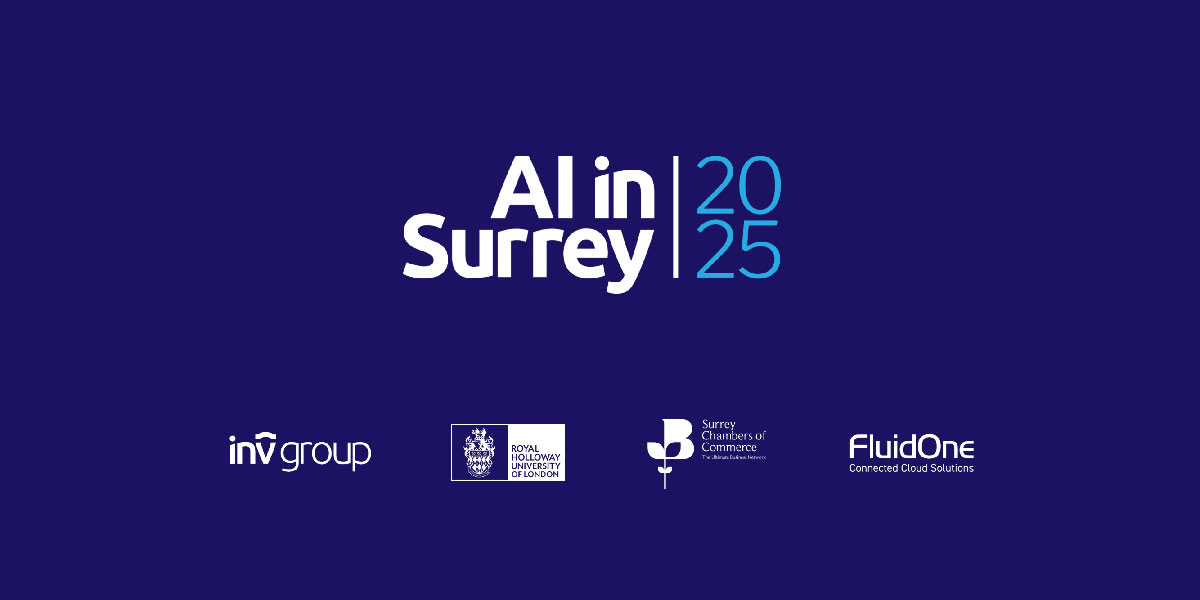Large organisations will be helped to adapt to the digital transformation of society as part of a new research initiative, led by INDEX at the University of Exeter Business School.
The Digital Innovation for Growth, Impact, and Transformation (DIGIT Lab) has been named the latest of six national Next Stage Digital Economy Centres by the Engineering and Physical Science Research Council (EPSRC).
Set to launch on 1 March, it has a budget of almost £12 million over five years, including more than £5 million from industry partners and a £3.6 million investment from EPSRC.
The DIGIT Lab is part of INDEX, and will work together with large established organisations to reimagine them for the digital age – in ways that go beyond merely digitising current products and practices to address core transformation challenges.
Adopting digital technology to increase productivity is seen as crucial to the UK’s future success but according to Professor Alan Brown, large established organisations, which make up 60% of the UK economy, are still struggling to adapt.
“Large organisations face significant challenges in a time of massive change,” said Professor Brown.
“Use of digital technology can improve their performance. However, their size and heritage can inhibit substantial changes to how they work. It requires change beyond technology – to embrace the people, the skills, the organisation, the business model, the way of thinking and the culture to work in a completely different way for a digital world. They must move quickly to create digital products and deliver them digitally to an audience that demands digital interaction.”
Professor Brown argues that recent months have seen an urgent need for a change of pace in digital deployment to support the mass transition to remote working, to drive new approaches to supply chain agility, and to enable rapid innovation across product delivery.
“A much broader and deeper transformation of society towards substantive digitally-powered approaches has been unleashed, said Professor Brown.
The research project will hinge around a question considered vital to the future of the UK digital economy: can large established organisations use digital transformation to increase productivity and value, while not compromising on employee wellbeing or their social responsibilities?
The researchers will lead a multi-disciplinary academic team, working with the University of East Anglia, led by Professor Gerard Parr, and Oxford Brookes University, led by Professor Tim Vorley, together with several leading businesses.
Engaging industry partners in a research programme focused on creating disruptive scenarios, the DIGIT Lab will develop novel research insights and create knowledge frameworks and tools, while translating their findings into concrete steps designed to have a real-world impact for industry and the economy.
The DIGIT Lab builds on previous work at INDEX including £7 million of previous EPSRC funding in New Economic Models of the Digital Economy (NEMODE), Digitally Enhanced Advanced Services (DEAS) and the Hub of All Things (HAT) personal data platform which has led to the Dataswift.io spinout.
Professor David Allen, Dean of the University of Exeter Business School, said: “At the University of Exeter Business School we seek to engage directly with our most important challenges. DIGIT will work with businesses to create wealth with well-being via digital innovation at a time of extraordinary and often painful upheaval.”
Professor Lisa Roberts, Vice Chancellor of the University of Exeter, said: “It is a wonderful achievement that the University is now home to a Next Stage Digital Economy Centre and I am thrilled that the talented team from INDEX will play such a pivotal role in helping organisations, including our own, prepare for and fully embrace the digital future.”
Details of the other Next Stage Digital Economy Centres were previously announced, and more information on DIGIT Lab will be available at digit.ac.uk.





